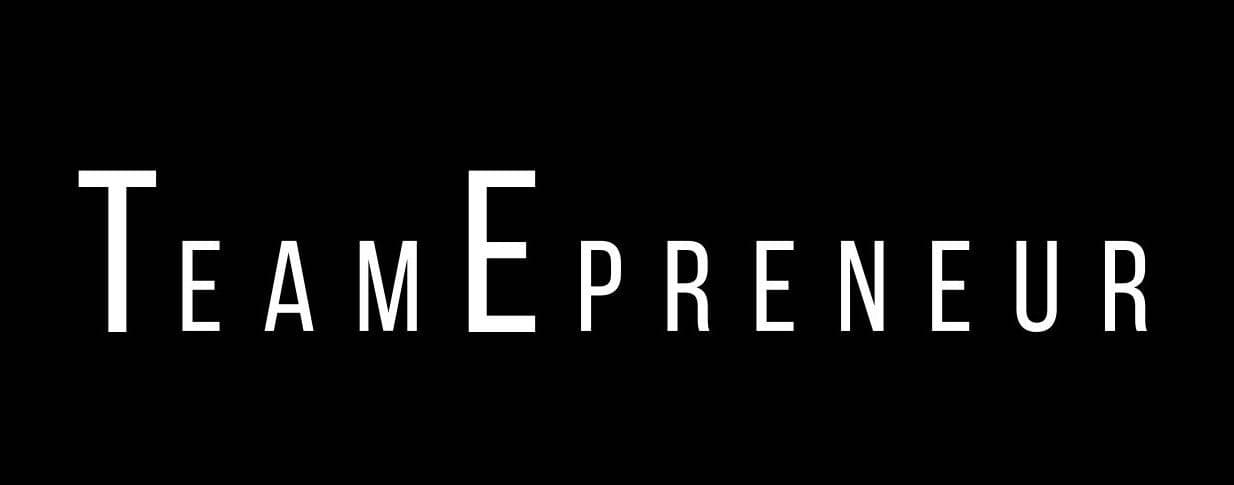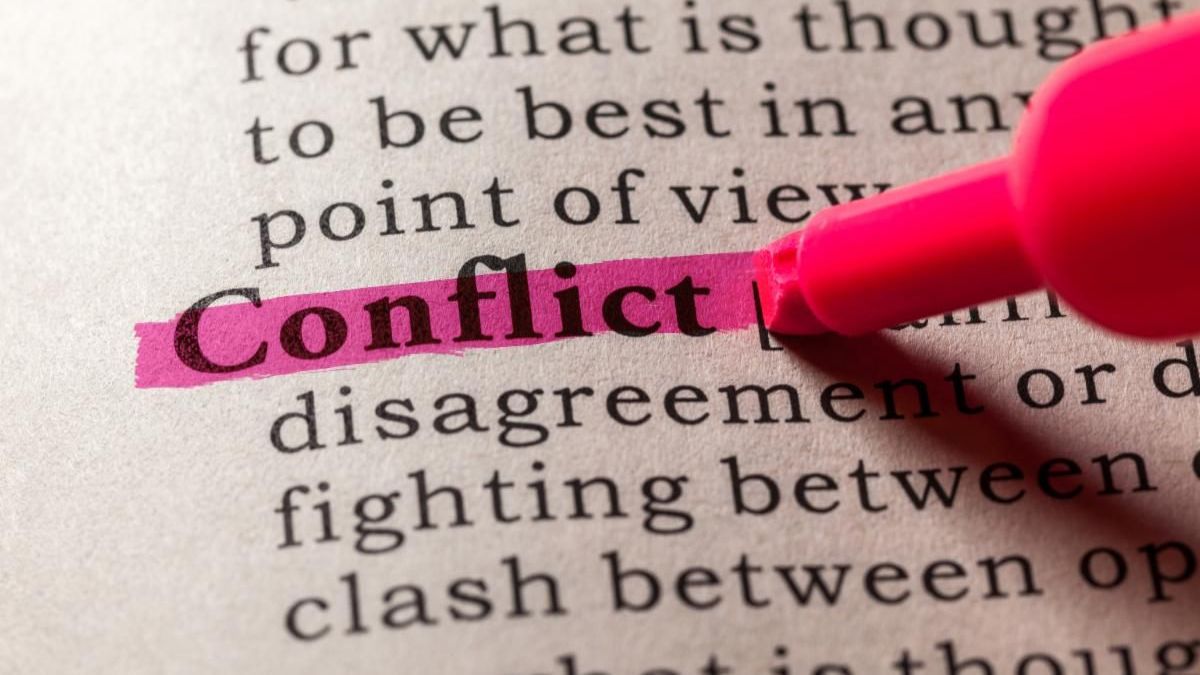Is December Melancholy A Good Thing?
J.P. Montalvan • December 5, 2022
“I am a slow walker, but I never walk back.”
-- Abraham Lincoln
________________________________
December could be a melancholic month.
There’s a kind of wind-down that happens after Thanksgiving and in December. In business, we’re working to wrap up the year — closing out some business and pushing other business to the new year. And beyond business, we have the holidays — often spending time with family and friends.
Whether we’re talking business or our personal lives, a wind-down can mean that we have more time on our hands and more time in our thoughts. If you’re anything like me, you find yourself reflecting both on what’s going well and what’s not. And what’s ahead.
That’s where melancholy can hit us. What’s going well and what’s not. And the uncertainty of what’s ahead, especially in 2023.
According to KPMG's latest CEO survey, 86% of top executives believe there will be a recession in the next 12 months. Plus, over three-quarters of CEOs surveyed already have plans in place to deal with an economic slowdown.
So how do we deal with that uncertainty, that melancholy? Those economic headwinds — or the headwinds in our personal lives? Or do we deal with them at all?
In writing about the “anatomy” of melancholy for Psychology Today, Neel Burton M.D. says that this melancholy might offer us some advantages. “The time and space and solitude…prevent us from making rash decisions, enable us to reconnect with the bigger picture, and encourage us to reassess our social relationships, think about those who matter most to us, and relate to them more meaningfully and with greater compassion.”
If you’re reading this, I imagine that you’re interested in leadership. And if you’re interested in leadership, you likely set a high bar for yourself. Setting a high bar — setting goals — is just one piece of achievement. Like being happy is just one part of living an extraordinary life. Goals are neither always achieved nor infinite. And living an extraordinary life doesn't exist without dark days to give us a measuring stick.
Is our melancholy really something we can learn from as leaders? Joshua Wolf Shenk shared in a book about one renowned leader he had researched, “His despair lay under a distinct hope; his overwhelming melancholy fed into a supple creative power, which allowed him not merely to see the truth of his circumstances but to express it in a stirring, meaningful way.”
Shenk was writing about the role melancholy played in the life of Abraham Lincoln.
We need this December time — and all the feelings that come with it — to reflect on our lives.
This December, I’m encouraging my Leadership Circle to think about December as a time to consider 3 things — a time to reset your goals, a time to refine the vision of what you want, and a time to recommit to who you will be when you get there.
In the coming weeks, if you experience any “downs,” you might embrace it. In Dr. Burton’s words, it might just be the opportunity for us to “cast off the polyannish optimism and rose-tinted spectacles that shield us from reality, stand back at a distance, re-evaluate and prioritize our needs, and formulate a modest but realistic plan for fulfilling them.”
And once you allow yourself this reset and refine your needs, you’ll be ready to recommit to your goals – to the real you and to the path that is the life you really want.
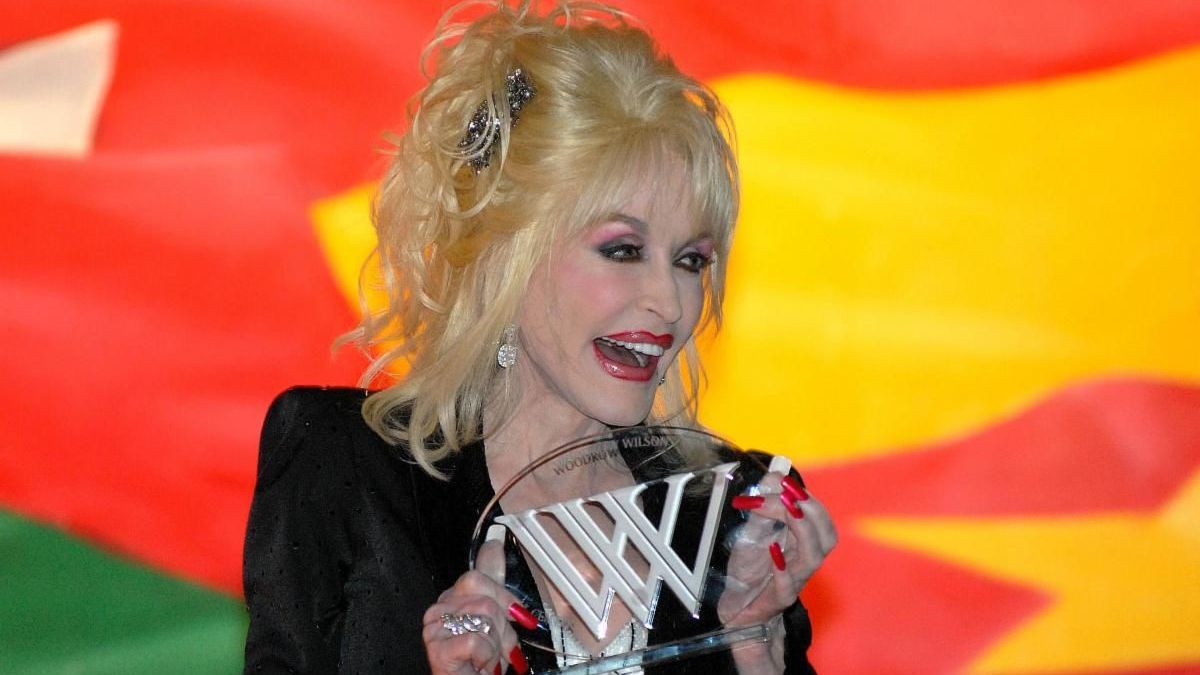
As a leadership coach, I get to work with a diverse range of entrepreneurs and intrapreneurs – quite a few real estate agents, fitness professionals, mortgage lenders, government contractors and others. Come April, it's like clockwork – we all start realizing how easy it is to lose sight of our yearly goals by the end of the first quarter. Life gets busy, we get caught up in the whirlwind of reactivity, and suddenly, those big dreams we had at the start of the year feel miles away.

As most of you know, tragedy struck on what would have otherwise been an ordinary night earlier this week in the heart of Baltimore. The Francis Scott Key Bridge, an iconic structure that spanned the Patapsco River, became the focal point of a devastating disaster that has shaken Baltimore and the region to its core. As I think about the events of that night, there’s a lot to unpack, from preparedness and the “why” behind a crisis to quick thinking and the human capacity for heroism in the face of adversity.
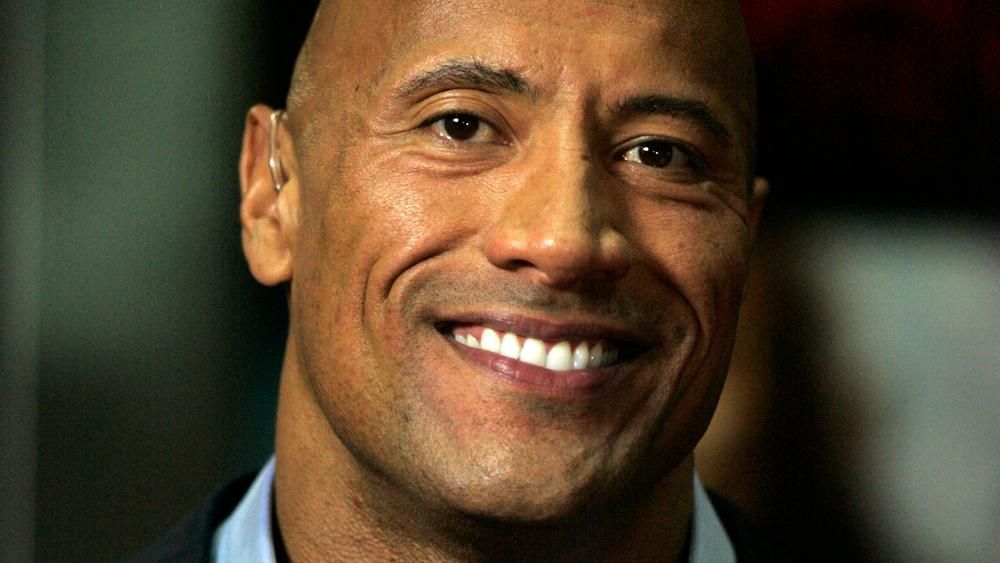
Happy Hump Day!
I don’t usually reach out to you on Wednesdays, and I wanted to share that Wednesday isn't just any ol' day – it's the linchpin of your week. Why?
As I’m sharing with my Leadership Circle this quarter, Wednesday isn't just the midpoint of the typical work week calendar. It's a golden opportunity for us to hit pause, reassess, and realign ourselves with what really matters – our weekly priorities.
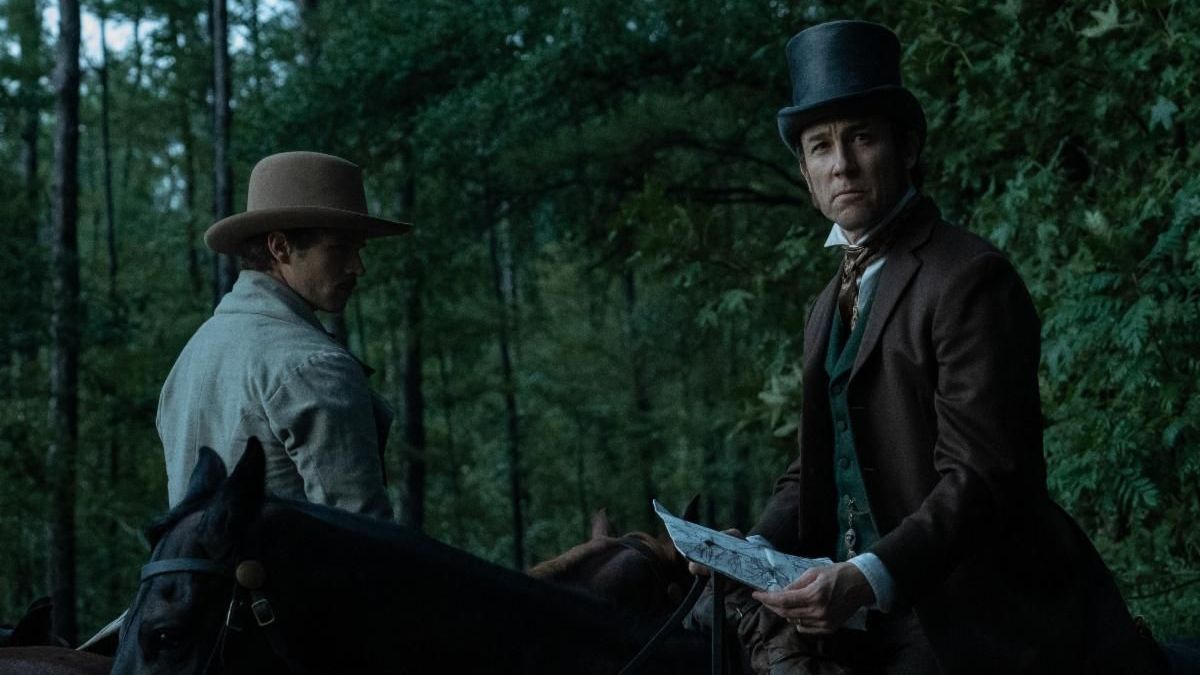
Edwin was born in the small town of Steubenville, Ohio. His education started in Miss Randle’s kindergarten and was followed by Henry Orr’s seminary around the block. At 10, he entered George Buchanan’s nearby Latin school where he was called “an imperious and self-reliant young man.”
Edwin’s lifelong struggle with asthma might have contributed to his temper, but so could have the early death of his father and the deaths of his brother and two children.
And on the eve of achieving his life’s dream — nomination to the Supreme Court — Edwin Stanton’s chronic asthma caused his death in 1869.
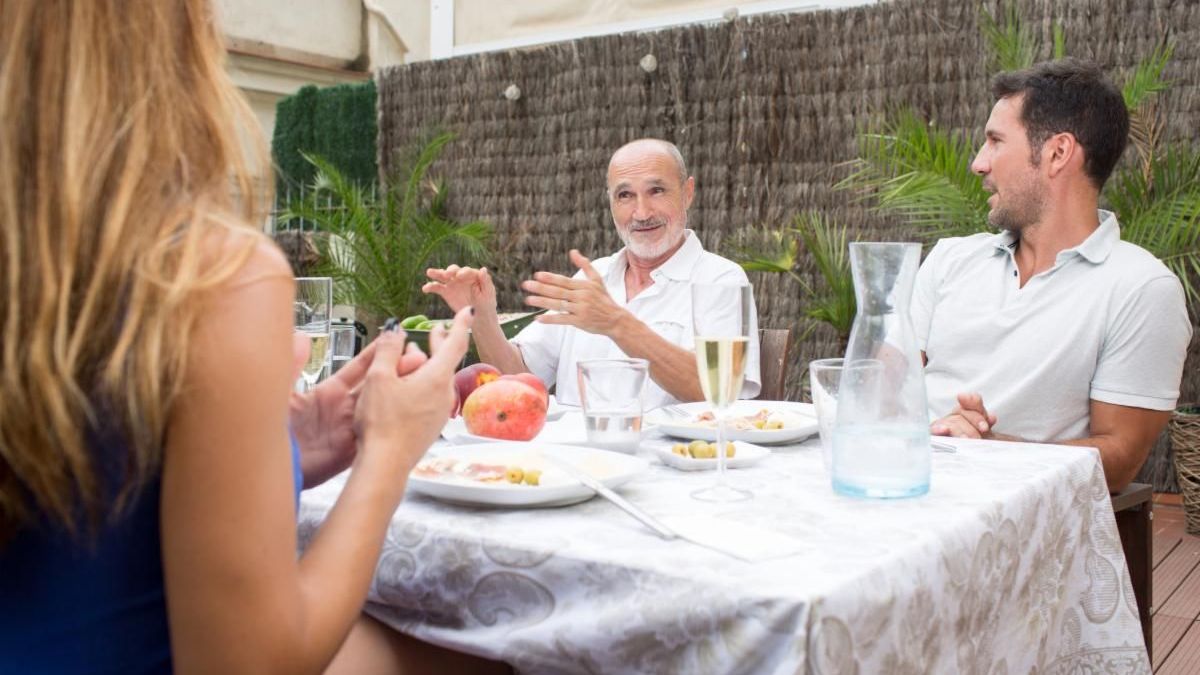
As I sit here late at night in my parent’s family room, a few hours away from our home, thinking about you, it dawns on me that we’re often wrapped up with how leadership impacts us in the work world. But the reality is that it permeates every part of our lives – and especially our relationships with family and friends.
This weekend, the conversations with my parents are covering a myriad of topics, from advice on navigating parenthood with our newborn daughter to discussing strategies for managing their health.
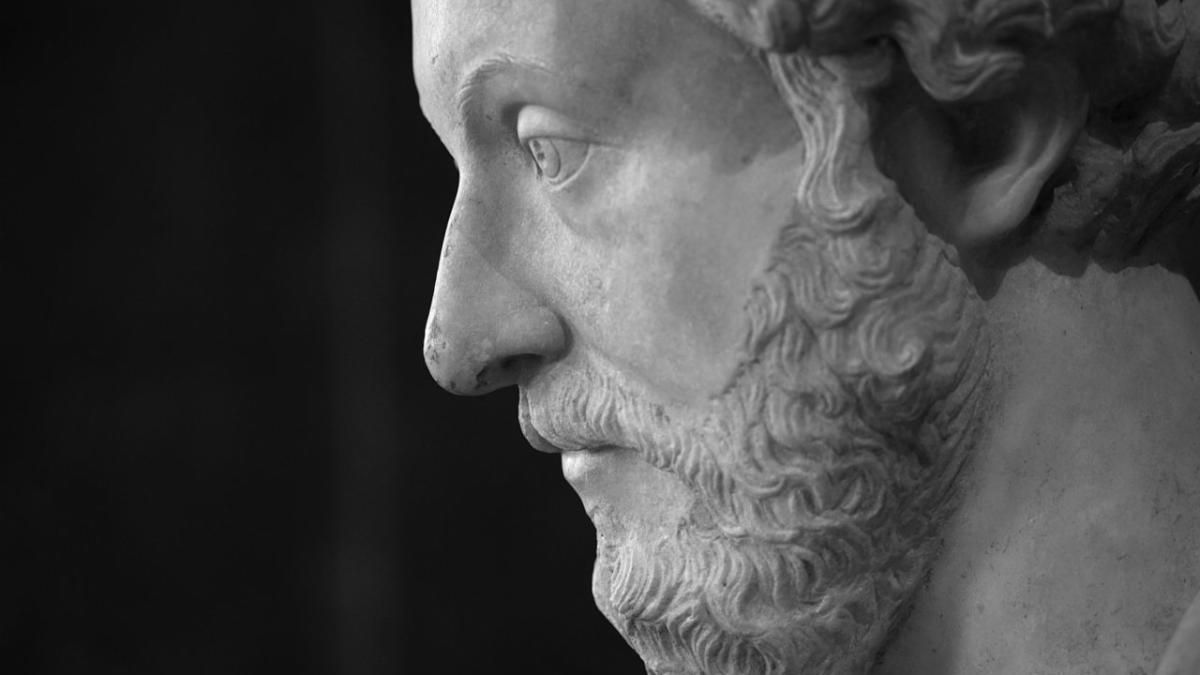
Recently, Veronica and I took a trip to the beautiful Virginia countryside around Flint Hill, Virginia. As we took in the breathtaking, winter scenery of rolling hills, horses, cattle and more, we decided to stop for lunch at the inviting Dark Horse Irish Pub. Little did we know that our dining experience would include both delicious food and the unexpected wisdom of a heartfelt connection.
Upon entering the cozy pub, we were greeted incredibly warmly. Our waiter was a young man who attended to us graciously through our meal, and when he had to leave was replaced by an older waiter. The older waiter had a twinkle in his eye, as they say, and he immediately struck a chord with us. As our main meal switched to delicious desserts, he engaged us in some lively conversation and took a genuine interest in our newborn daughter in the stroller by our table. His genuine care and enthusiasm was really something.
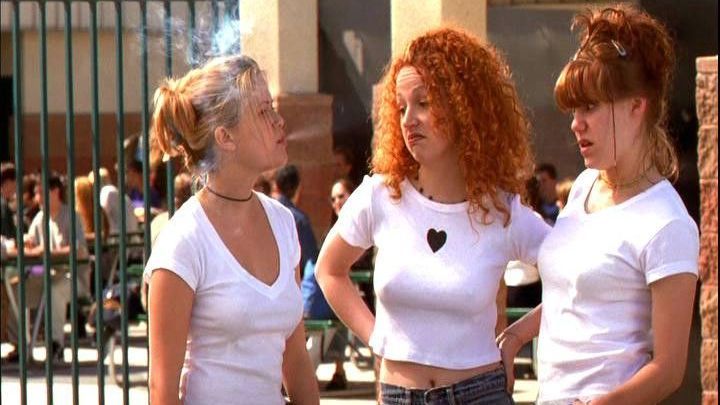
In the challenging world of Hollywood, with a sea of scripts and opportunities, Reese knew what she wanted. Despite some early success and the offers of darker and more intense roles, she was drawn towards “optimistic” storylines that inspired and uplifted. She wanted to make a meaningful impact on her audience, especially girls and young women.
“I got a role in this movie called Freeway playing this really angry, aggressive, violent young woman who believed wholeheartedly in the truth,” Reese shared. “I had such satisfaction afterward, and I thought, that's what I want to do.”
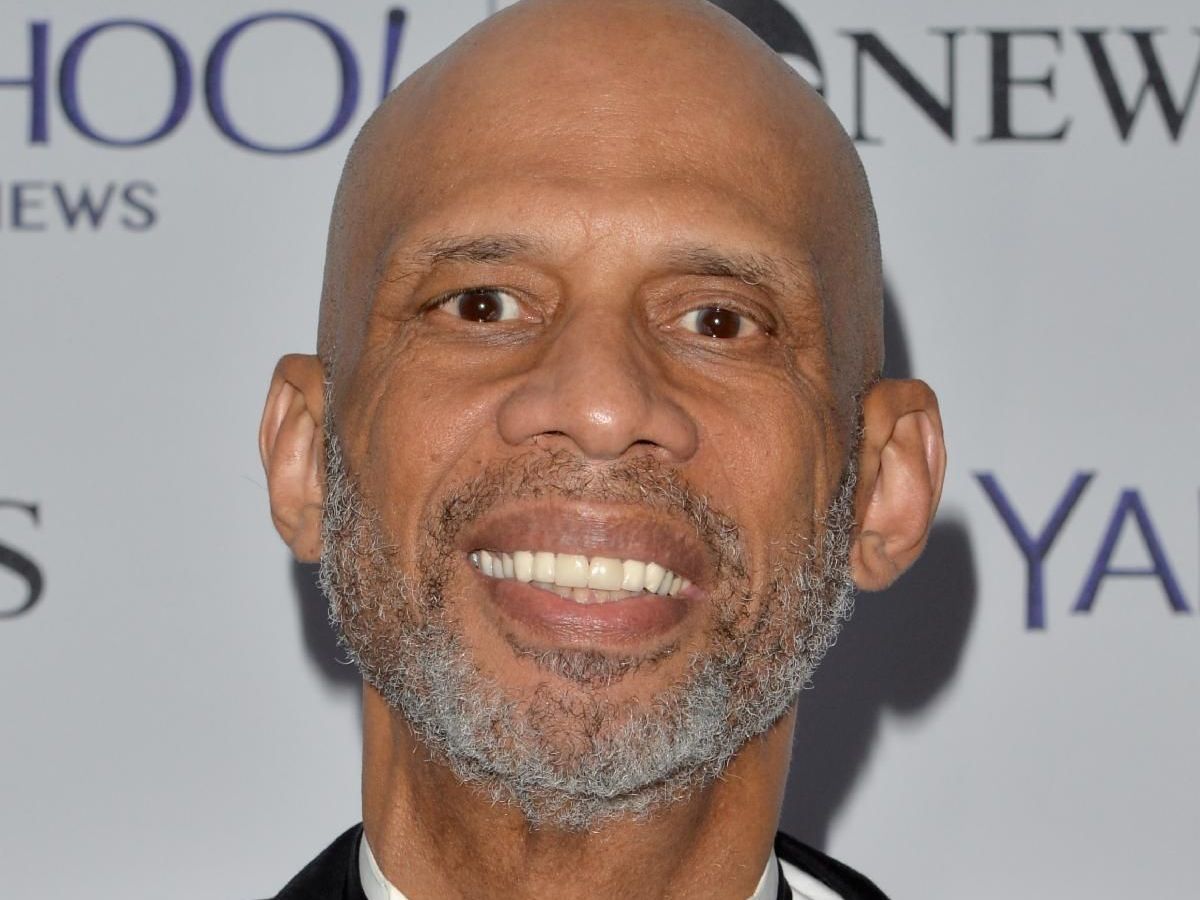
Closing the Gap: Kareem’s Legacy and Your “Big 3” to Success
In the fast-paced world we live in, it's easy to get caught up in the whirlwind of daily tasks and lose sight of our priorities. If you’re anything like me, it happens when we think about the gaps between where we are and where we want to go, in business or in our personal lives.
Kareem dedicates much of his time now to empowering marginalized communities, reflected in his book "Writings on the Wall: Searching for a New Equality Beyond Black and White." He was asked once about his ability to prioritize amidst the glitz of a storied career.
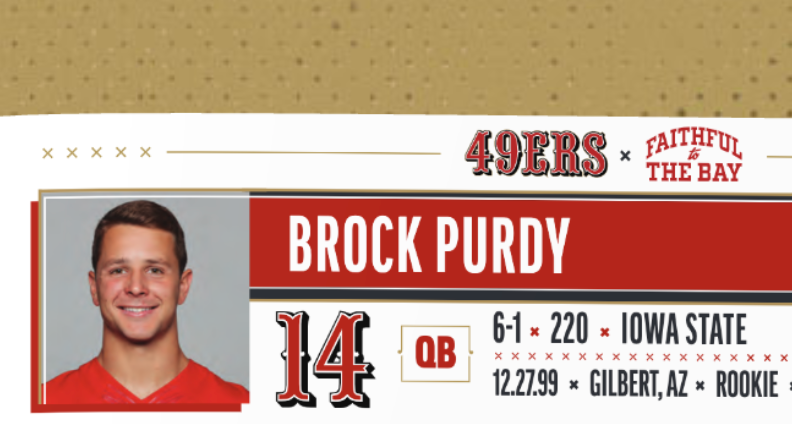
Getting picked last isn't great. Brock would know…
As February rolls in, it's time for a reality check on our goals. How often have you lost sight of your aspirations by now, slipping from proactive to reactive mode? I know I have in the past. How do we stay focused in the chaos of a competitive, hyperconnected world? That's a heck of a ball game.
And when we lose sight of our goals – our big goals – we are picking ourselves last.
